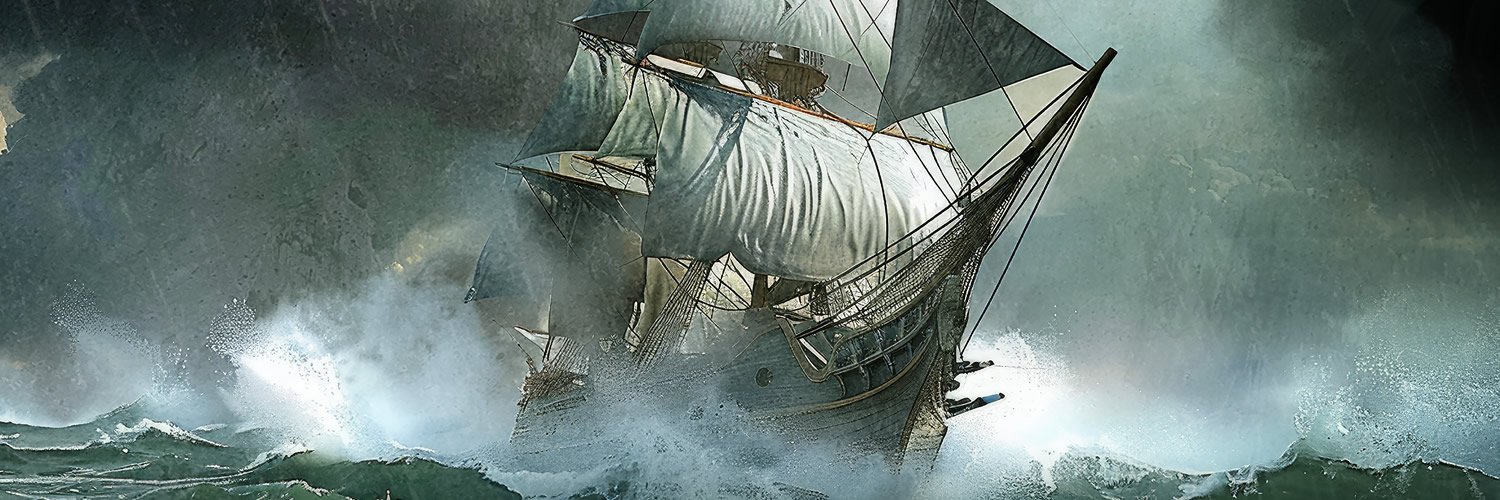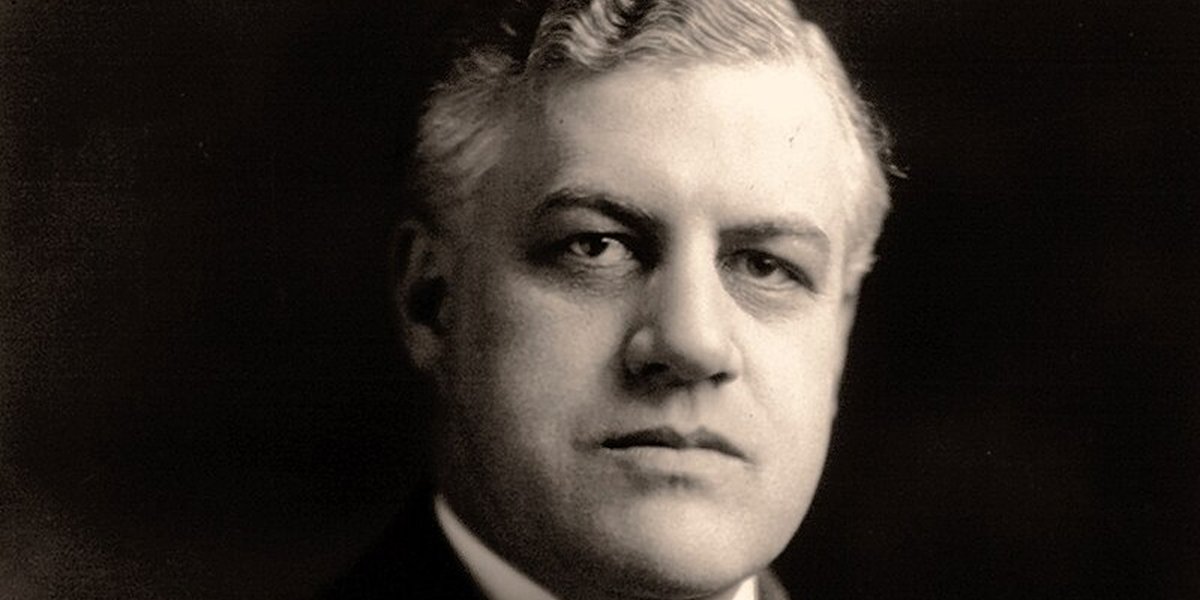In the last week, I’ve had two experiences that reminded me of the POWER OF FORGIVENESS. It would be improper to call these examples my top-five forgiveness stories, because they are only a few of many, but I love these.
AD 29, Nailed to a cross, his abdomen torn by spear thrusts administered by Roman soldiers who were commanded to stay with him until he died, Christ not only forgave them, he called out to God saying “Father, forgive them for they know not what they do.”
In 1945, at the end of WWII, Douglas MacArthur, commander of American forces occupying Japan conducted an investigation of Hirohito, Emperor of Japan. He wanted to know if the Emperor had ordered the bombing of Pearl Harbor, or any of the dozens of other atrocities committed by Japanese forces in the war. Investigators found no hard evidence of Hirohito’s order, but did find evidence that he put his life at risk to end the war. When MacArthur and the Emperor finally met, the Emperor begged MacArthur to punish only him for the crimes and spare his people. MacArthur responded that their meeting was not to discuss punishment, but to begin the rebuilding of Japan and that they would do it together.
In 1981, Pope John Paul II was badly wounded by a would-be assassin. Shot four times, he underwent repeated surgery and an extended convalescence. After recovery, he visited the shooter at his prison cell. The prisoner looked to the Pope for forgiveness, to which the Pope responded that the shooter was his brother and that he was already forgiven.
In 1990, Nelson Mandela was released from 27 years in prison. Born into a royal family in 1918, he studied law which took him into politics and the anti-apartheid human rights movement in South Africa. Years of inhumane treatment in brutal conditions followed. But in 1990, he was released and became the first president of a multiracial nation. Instead of revenge, he set out to rebuild the nation based on equality and reconciliation. He said, “I knew if I didn’t leave my bitterness and hatred behind, I’d still be in prison.”
Phan Thi Kim Phuc is one of the most remarkable women I’ve ever listened to. I was at a breakfast just a week ago where she was the keynote speaker. Most do not know her name, but they know her picture. In 1972 she was the young girl running naked and badly burned from her village just decimated by a napalm bomb strike during the Vietnam War. She was not expected to live. After she was stabilized, she underwent years of surgery. Horribly disfigured she believed she would never marry or have children. To compensate, she set out to become a doctor, but the Communist government of Viet Nam had other ideas. She was to become an anti-American spokesperson. Eventually she was allowed to study in The Soviet Union, where she met another Vietnamese student. Then the couple was allowed to immigrate to Cuba where they married. But along the way Kim picked up a Bible and became a Christian. On a refueling stop between Russia and Cuba, in Canada, she and her husband defected. Among her first acts was to forgive the Vietnamese, the Americans and especially the American officer who ordered the strike. She now campaigns to help children who are victims of war. Like MacArthur, John Paul, and Mandela, Phan Thi Kim Phuc’s Christian faith led her to forgiveness.











